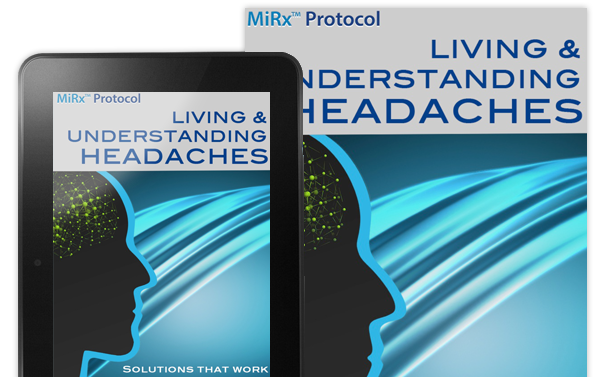How does tobacco smoking affect headaches?

Dr. Gary DeNelsky is a great example of how cigarette smoke acts as one of the most common headache and migraine triggers. According to the National Headache Foundation (NHF), DeNelsky started smoking as a teenager. Notably, though, the onset of his chronic headaches did not occur until his mid-20s. He first made the connection between his smoking habit and his head pain at 40 years old, when he quit.
According to DeNelsky, who became a psychologist and ran a center to combat smoking addiction at the Cleveland Clinic, those suffering a headache from smoking may not even be having a cigarette themselves. Now in his 70s, he still experiences headaches when he is exposed to second-hand smoke.
Headache & migraine triggers – smoke a typical complaint
When the NHF surveyed patients with long-standing headache conditions in 2005, the results showed that 34% of sufferers cite smoke as a trigger. Among headache types, cluster headaches have an especially high correlation to smoking, per research published in Headache in 2012. For those who experience that particular variety of headaches, 73% smoked regularly at some point in their lives.
A study that appeared in the European Journal of Neurology in 2006 explained some of the reasons why smoking is often problematic for those who experience migraine headaches or other headache conditions:
- Tobacco smoke contains carbon monoxide, a chemical that reduces our access to oxygen. According to the Environmental Protection Agency (EPA), carbon monoxide slows the delivery of oxygen to organs such as the heart and brain. Reduced oxygen supply triggers headaches.
- Prescription drugs used to treat migraine headaches and other head pain are rendered less effective by smoking.
- Smoking slows down monoamine oxidase (MAO), an enzyme that oxidizes and deactivates certain neurotransmitters.
- Decreased MAO activity can be a trigger for headaches as well.
How to avoid headache from smoking
Quitting smoking is advisable for anyone who is experiencing headaches. However, make sure you quit in the right way to avoid further head pain:
- DeNelsky notes that most people who successfully quit cigarettes do so without pharmaceutical medications, sometimes using natural approaches such as acupuncture, biofeedback, or hypnosis. Be especially careful of Zyban®, Champix®, and other drugs that list headaches as a side effect.
- Be aware that if you quit suddenly (“cold turkey”), you may experience headaches due to withdrawal. Nicotine cessation side effects typically subside after a few days.
Accurately determining your headache and migraine triggers can be a daunting task. Plus, it’s difficult to think clearly when your head is throbbing or pounding on a regular basis. The MiRx Protocol respects the fact that headaches require immediate alleviation, conscientious trigger identification, and customized long-term solutions.



